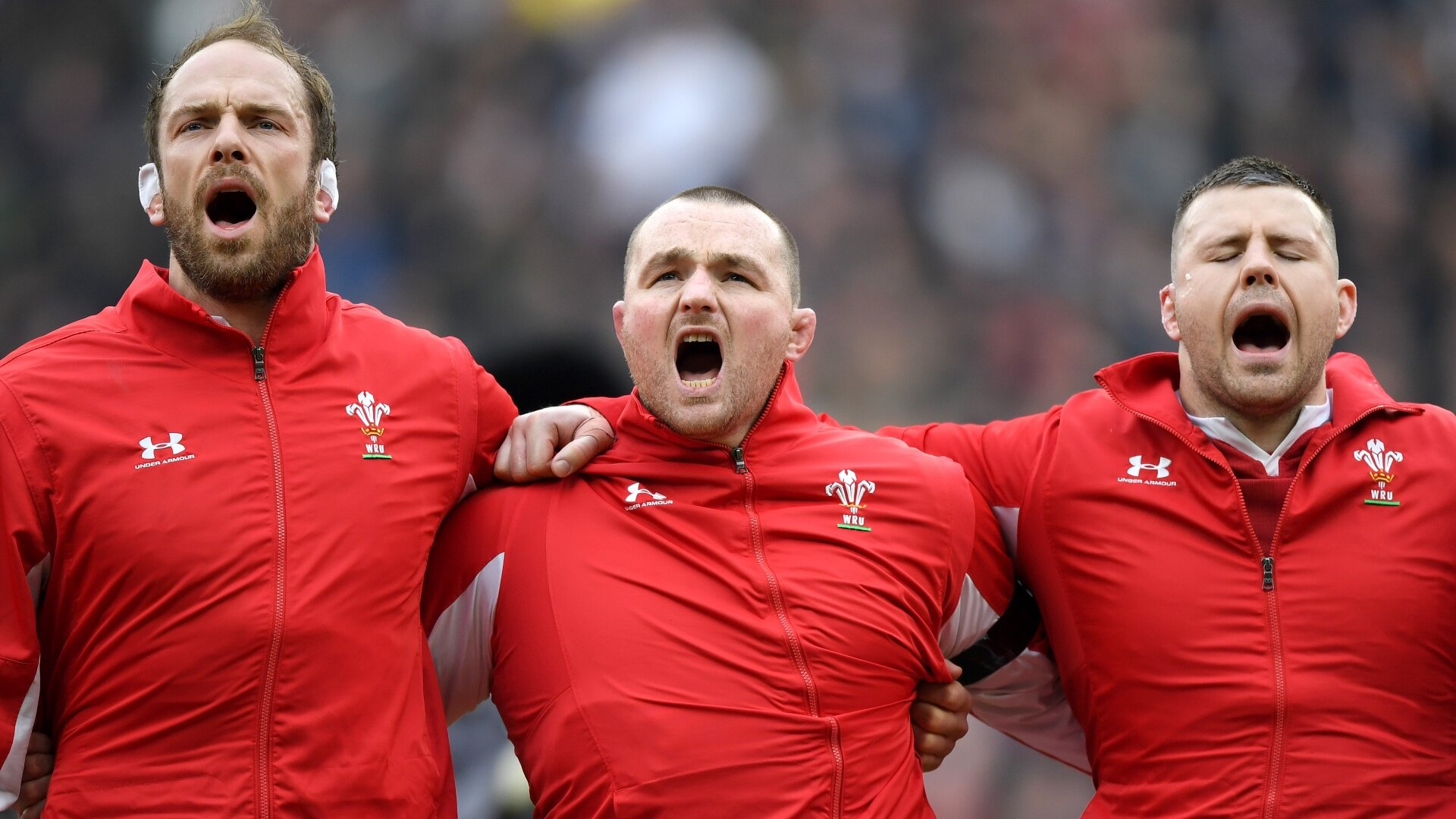Wales keep two games at home this autumn but still have hopes of London calling

Wales’ re-scheduled Guinness Six Nations meeting with Scotland and their first home Autumn Nations Cup clash with Georgia will both be played at Parc y Scarlets. The Welsh Rugby Union still has options in place to play the two remaining Autumn Nations Cup matches – against England on November 28 and the play-off final fixture on December 5 – in London, in order to maximise potential revenue.
But their October 31 and November 21 matches will now be played in Wales. “We have taken the call to play our first two home matches this autumn in Wales,” said WRU CEO Steve Phillips.
“Given how vital Wales games are to the funding of our sport, it was only right that every option was explored. Obviously more important than that is the health of supporters, players and the nation as a whole and so, whilst making contingency plans, we have of course been conscious of following government advice closely every step of the way.
“We anticipate the two games will take place behind closed doors, however, if the ‘big picture’ changes, we would be open to exploring whether either game could serve as a test event for crowds.”
No games this year can be played at Principality Stadium in Cardiff as this venue is still in use as the Dragons Heart Hospital. However, if future UK Government health and safety guidance allows for some supporters, the WRU have not ruled out taking two of its matches on the road.
“We hope that supporters will understand that we are duty-bound to continue to explore all options before making a final call with respect to England and the Autumn Nations Cup final match,” Phillips continued.
“We are hopeful that it will be deemed safe for at least some, perhaps socially distanced and restricted, crowds to attend these matches and also remain open to the prospect of using the Parc y Scarlets fixtures as test events with limited attendances if possible.
“Whilst it is disappointing to play these matches without supporters we would like to thank all of those who follow, support and participate in Welsh rugby and our partners for their patience during these hugely challenging times.”
WALES 2020 FIXTURES
France v Wales – Saturday, October 24, KO 21.00, Paris (S4C)
Wales v Scotland – Saturday, October 31, KO 14.15, Parc y Scarlets (2020 Guinness Six Nations) (BBC)
Ireland v Wales – Friday, November 13, KO 19.00, Aviva Stadium, Dublin (Autumn Nations Cup) Channel 4/Amazon Prime Video/S4C
Wales v Georgia – Saturday, November 21, KO 17.15, Parc y Scarlets (Autumn Nations Cup) Amazon Prime Video/S4C
Wales v England – Saturday, November 28, KO 16.00, Venue TBC (Autumn Nations Cup) Amazon Prime Video/S4C
Wales v TBC – Saturday, December, KO 16.45, Venue TBC (Autumn Nations Cup play-off final) Amazon Prime Video/S4C










































































